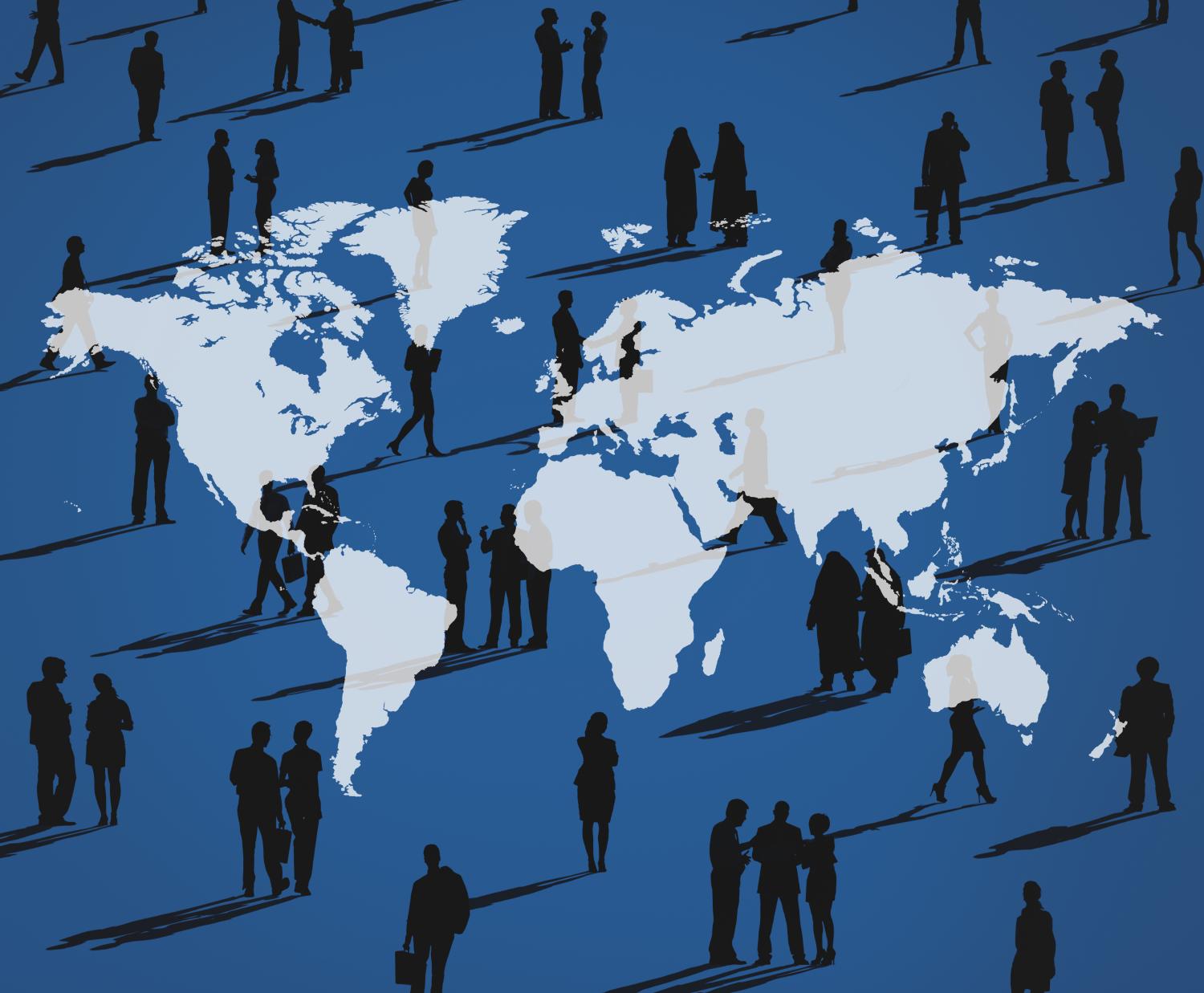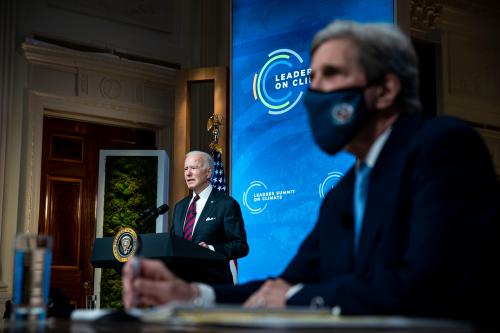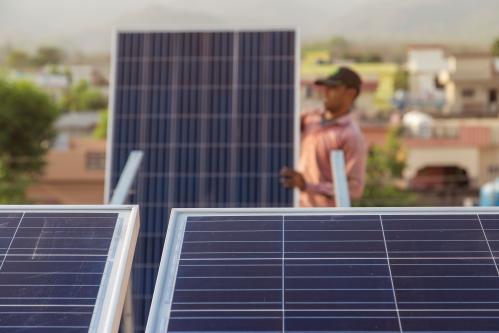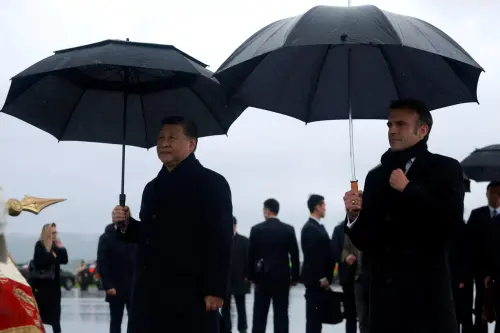Background
The Global Economy and Development Program at Brookings conducted a survey on multilateralism in the Spring of 2021 as part of a project on the future of global governance. This report summarizes and analyzes the results. It comes at a time when the new Biden administration has re-committed the United States to multilateral cooperation and multiple initiatives—notably on international taxation, the issuance of $650 billion of new Special Drawing Rights (SDRs), and ramped up efforts to cut emissions to combat climate change—are underway. At the same time, the rivalry between the United States and China is growing, threatening a new form of Cold War, and new technologies are emerging, promising enhanced human welfare while introducing the risk of misuse. The COVID-19 pandemic is still far from under control in most developing countries due to a lag in vaccination rates and the uneven recovery from the pandemic-induced economic recession.
However, multilateralism has been in crisis long before the pandemic. Growing political discontent with globalization has been associated with the failure of the multilateral system to stem the tide of rising inequality, social fragmentation, and job insecurity heightened by technological change. Moreover, calls to reform global governance to better reflect the shift in economic, demographic, and political weight of developing countries have gone largely unheeded. Political rigidities in multilateral organizations such as the International Monetary Fund (IMF), World Bank, United Nations (U.N.), and World Trade Organization (WTO) have prevented adequate reform.
Disillusionment with the existing multilateral system has prompted various alternative visions, such as replacing multilateral agreements and rules with bilateral deals or groupings of like-minded or geographically proximate countries. We believe that these alternative approaches cannot adequately replace true multilateralism since a world facing inherently global challenges—as evidenced by the COVID-19 pandemic—requires globally concerted actions and responses. For the Global South, the consequences of weak multilateralism—on climate change, trade, conflict prevention, and countless other issues—are particularly high.
COVID-19 has laid bare key vulnerabilities of an economic system designed to maximize short-term efficiency at the expense of robustness and resilience. As governments struggled to procure vital medical goods and mount an effective response to COVID-19, international cooperation broke down, sparking export bans and political recriminations. This followed recent trends of nationalist leaders calling for inwardlooking policies. The irony, of course, is that just as the world was turning away from multilateralism, COVID-19 underlined its necessity: given that the virus spreads seamlessly across borders, the threat of further spikes in infections will persist unless countries collaborate on expanding access to vaccines and ending the pandemic. And epidemiologists warn that an even worse pandemic could hit the world at any time, further highlighting the need for global cooperation.
Looking ahead, new technologies introduce great opportunities but also grave dangers, particularly in domains such as cyberspace, artificial intelligence, or biotechnology, where global rules are urgently needed. There is also the urgent climate change problem, which demands immediate and coordinated global action.
Against this backdrop, the great powers face the risk of moving towards confrontation, as opposed to a multilateral approach, that would fragment the world into rival blocs. A world in which rival great powers, particularly the United States and China, seek to protect their own spheres of influence through its own rules and standards, could strip smaller and poorer countries from having agency or space to maneuver. This would fail to provide the type of solutions needed for today’s global problems. Furthermore, the direction the rivalrous relationship between the U.S. and China takes will have implications for all nations.
As the world begins to pivot from reacting to the pandemic to planning for recovery, many policymakers have embraced the mantra, “build back better.” A multilateral architecture fit for the 21st century ought to prioritize the wellbeing of the worst-off and build a more robust and inclusive global system while respecting the legitimate demands for policy autonomy. It should help prevent beggar-thy-neighbor policies, facilitate the provision of global public goods, and help manage the global commons. And where appropriate, it should draw on the skills and resources of a broad range of actors beyond the nation-state, including cities, scientists, civil society organizations, businesses, and labor, all of whom have important roles in global problem solving.








